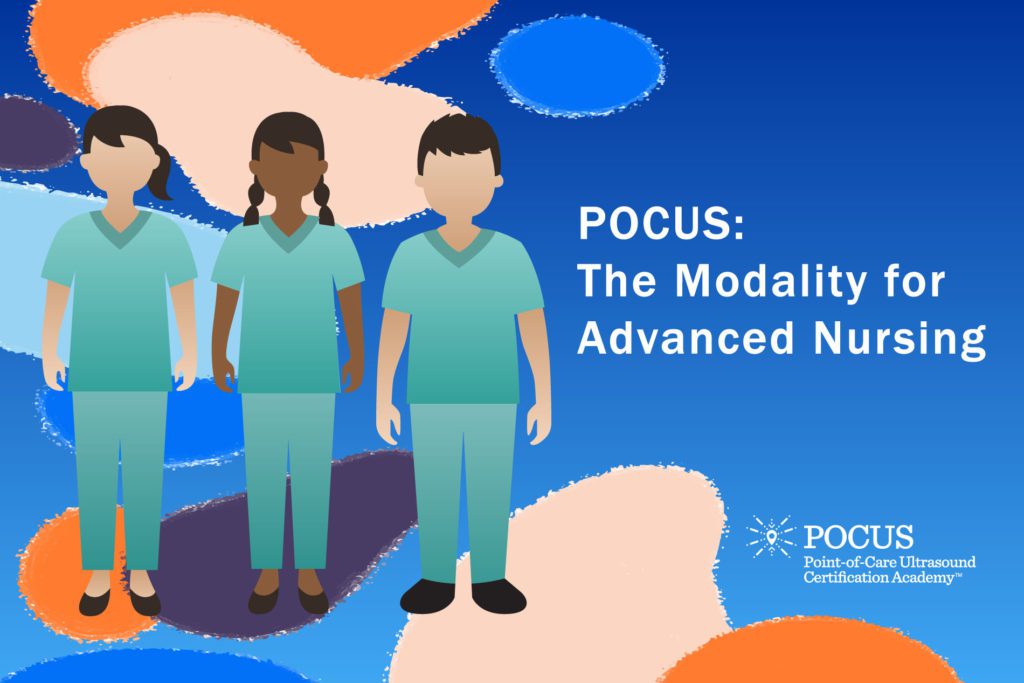Using point-of-care ultrasound or POCUS is essential for improving patient care in any hospital department or medical practice. Nurse anesthesiology is no exception. Certified Registered Nurse Anesthetists(CRNAs), an advanced practice nurse, administers anesthesia for surgery or other medical procedures. The Focus on POCUS™ podcast centers attention on this medical specialty, featuring an interview with Thomas M. Kelly, Assistant Professor of Nursing at Thomas Jefferson University-College of Nursing. He highlights that there are 53,000 CRNAs in the US, participating in over 100 million anesthetics annually.

They practice in various settings where anesthesia services are needed, including the following:
- Hospitals
- Obstetrics Office
- Pain Centers
- Dentistry
- Ophthalmology
- Podiatry
- Plastic Surgery
Learning POCUS as a nurse anesthetist allows for hands-on training techniques to improve patient outcomes, increase patient safety, and implement best practices.
Advanced nurse anesthetists have an essential role in the future of care. The present purpose of ultrasound scanning in day-to-day CRNA activities is constrained. There is, however, a push for more duties to fall to nurse anesthetists and other advanced nurses in practice. The next generation of providers needs this vital skill set for their benefit and the well-being and interest of the patient.
For example, hospitals are finding creative ways to streamline patient care and improve outcomes, which has resulted in needing CRNAs beyond general anesthesia and nerve blocks. They are now required to provide total patient care. Perioperative medicine—pain management and responsibility for patient care—now extends past the operating room and well into recovery.
Today, CRNA’s are picking up new techniques, such as perioperative point-of-care ultrasound, that would have been limited to another expert beforehand. Learning how to screen perioperative patients for symptoms and disorders is a time-saving step, which can significantly boost patient safety, shortening hospital stays.
Ready to get started on your POCUS journey? Check out our many certificates and certifications here.
Looking for additional inspiration? Sign up for our POCUS Post™ newsletter to receive monthly tips and ideas.





















